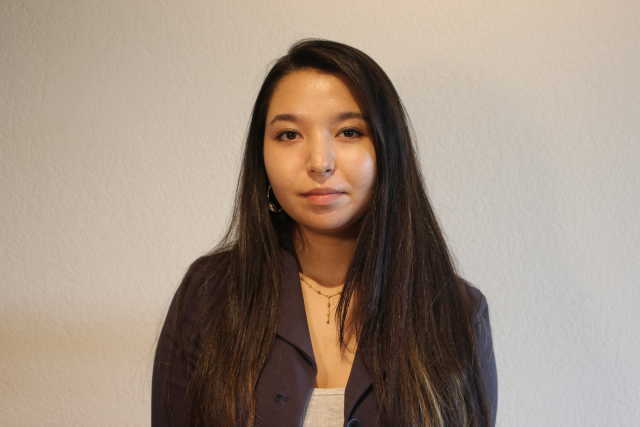Like a pandemic event, we can only know what college is once it’s actually over

My graduation from UC Davis feels like one of the most anticlimactic events of my life; as I quarantine at home, I have the sense that rather than moving forward I’ve stepped back into my high school existence. And yet we often hear about journalists who got their start during historic moments, and I have to appreciate the fact that we are living in what everyone loves to tell us are unprecedented times. I’m not implying that this pandemic is a blessing in disguise, but rather one of those moments, like many I’ve experienced at UC Davis, in which we get the chance to discover more about ourselves, the world and a better way forward.
When I got to UC Davis, I was undecided on what kind of career I wanted. By the time I joined The California Aggie, I still didn’t see myself becoming a journalist. I only seriously considered it as a career after enrolling in Writing in the Professions: Journalism, one of those required upper-division writing classes us College of Letters and Science students need to take in order to graduate. My final project, a feature article on a woman who mentors and rehabilitates adolescent female sex trafficking survivors, brought me face to face via Skype with several girls no older than 16 all the way in New Delhi, India. They looked much younger to me, and I found it difficult to come to terms with the fact that at that age they had been raped, stigmatized and rejected by their communities (and even families in some cases). This moment solidified my resolve to pursue a career in journalism.
I think that’s the experience of most college students: either coming to a university thinking you know exactly what you want to do, but somewhere along the way losing that vision and finding a new one, or coming without a clue what you want to do and finding it almost accidentally.
Media gets a bad rap these days. Most prominently, it’s attacked as “fake news,” but the media is also criticized as sensationalist, biased and manipulative. The press is influential as a cornerstone of democracy, voice for those who often go unheard, channel for open information and mechanism to hold powerful figures accountable. This is why journalists, like police officers, need to be held to a higher standard; we need to be ethical and aware of the diversity and depth of human experiences. Journalists need to seek the truth beyond all else.
You know why journalism is great? It’s the people. You get to meet so many diverse, interesting people with their own compelling stories and lessons to impart on the rest of us. If there’s anything I’ve learned from journalism, it’s that everyone has something to share that’s worth hearing. And from my friends and colleagues at The California Aggie, I’ve heard and learned so much, and I am deeply humbled to have worked alongside this staff to produce a newspaper that instills pride.
Written by: Isabella Bloom
Isabella Bloom was the 2019–20 copy chief. She joined The California Aggie in fall 2018 as a copy editor and continued the role even as she studied abroad in Japan in spring 2019. She is a third-year graduating senior with bachelor’s degrees in international relations and Japanese.
This column is a part of our 2020 Senior Issue. The rest of the issue can be found here.









